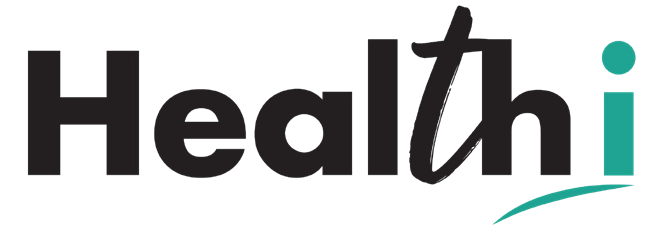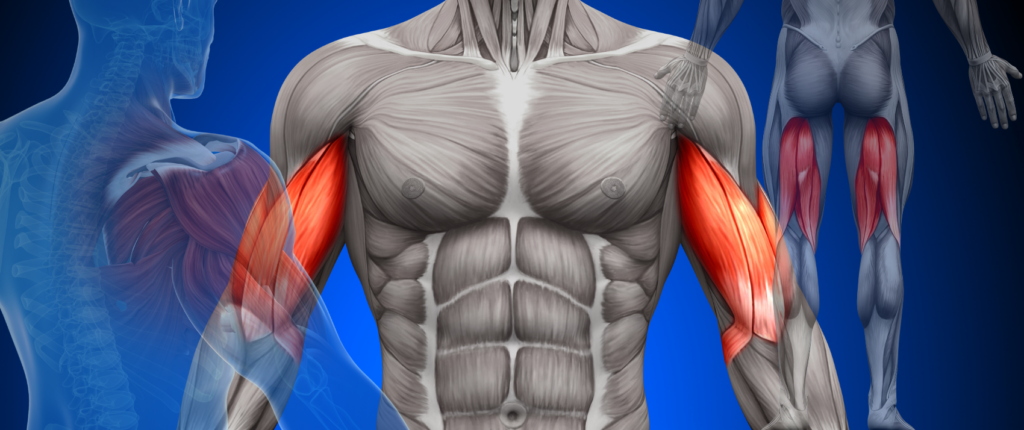
As the New Year begins, many people are eager to dive back into a fitness routine, armed with resolutions and determination. Whether you’re returning to the gym after a break or starting fresh, understanding the concept of muscle memory can provide motivation and clarity on what to expect from your body. Let’s also explore how diet plays a critical role in achieving fitness goals, from losing weight to building muscle.

What is Muscle Memory?
Muscle memory refers to the body’s ability to “remember” previous training adaptations. When you’ve trained consistently in the past, your muscles undergo physiological changes, such as increased nuclei within muscle fibres. Even after periods of inactivity, these adaptations remain dormant, allowing you to regain strength and muscle mass faster than someone who has never trained before.
Think of it as your body’s fitness savings account. Although you may withdraw from it during periods of inactivity, it’s easier to deposit back into it because of the groundwork already laid.

How the Body Adapts When Returning to Training
When you reintroduce exercise into your routine, your body quickly adapts:
- Neurological Efficiency: Your nervous system improves coordination and muscle activation, allowing you to lift heavier weights or perform movements more efficiently.
- Regaining Muscle Mass: Thanks to muscle memory, hypertrophy (muscle growth) happens faster during a comeback compared to when you first started training.
- Cardiovascular Improvements: Within weeks, your heart and lungs become more efficient, improving endurance and stamina.
- Flexibility and Mobility: Regular stretching and movement help your body regain flexibility and reduce stiffness.
Consistency is key here. While the body is quick to adapt, long-term results depend on sustained effort and progressive overload.
The Role of Diet in Fitness and Muscle Growth

Training is only part of the equation; nutrition is equally vital. The saying, “You can’t out-train a bad diet,” holds true whether your goal is to lose weight, gain muscle, or improve overall fitness.
Losing Weight
To lose weight, you need to create a caloric deficit, meaning you consume fewer calories than you burn. However, it’s essential to prioritise nutrient-dense foods to ensure your body has the energy and nutrients it needs to support training and recovery. A balanced diet rich in lean proteins, whole grains, healthy fats, and vegetables can:
- Preserve lean muscle mass during weight loss.
- Provide sustained energy for workouts.
- Support recovery and reduce the risk of injury.
Building Muscle (Hypertrophy)
For muscle growth, a caloric surplus is necessary, meaning you consume more calories than you burn. Protein intake is crucial, as it provides the building blocks (amino acids) your muscles need to repair and grow after exercise. Pairing this with strength training and sufficient rest creates the ideal conditions for hypertrophy. Aim for:
- Protein: 1.6-2.2 grams per kilogram of body weight per day.
- Carbohydrates: To fuel intense workouts and replenish glycogen stores.
- Healthy Fats: For hormonal balance and overall health.
Diet’s Influence on Fitness Goals
Your diet directly affects how well you perform and recover. Without proper nutrition, even the most disciplined training regimen will yield suboptimal results. A tailored approach, taking into account your goals, activity level, and individual needs, is essential for success.
New Year, New You: Tips for Success

As you embark on your fitness journey, keep these tips in mind:
- Set Realistic Goals: Focus on small, achievable milestones rather than drastic changes. Consistency wins over perfection.
- Listen to Your Body: Start slow and gradually increase intensity to avoid injury.
- Prioritise Recovery: Sleep, hydration, and stretching are just as important as training.
- Plan Your Meals: Prepare balanced meals and snacks to stay on track with your nutritional goals.
- Celebrate Progress: Acknowledge improvements, no matter how small, to stay motivated.
The Takeaway
The New Year offers a fresh start to reconnect with your health and fitness goals. Muscle memory ensures your past efforts aren’t wasted, and with the right combination of training and nutrition, your body can adapt and thrive. Whether you’re aiming to lose weight, build muscle, or simply feel healthier, remember that consistency and balance are the keys to long-term success. Here’s to making 2025 your strongest year yet!
Disclaimer – Healthi and its associates offer health and fitness information and is designed for educational and entertainment purposes only. You should consult your physician or general practitioner before beginning a new fitness program. You should not rely on this information as a substitute for, nor does it replace, professional medical advice, diagnosis, or treatment. If you have any questions or concerns about your health, you should always consult with a physician, general practitioner, or other qualified healthcare professional. Do not disregard, avoid or delay obtaining medical or health-related advice from your healthcare professional because of something you may have read on our publications or lectures. The use of information provided through the urban wellness service is solely at your own risk and is not medical or healthcare advice.

